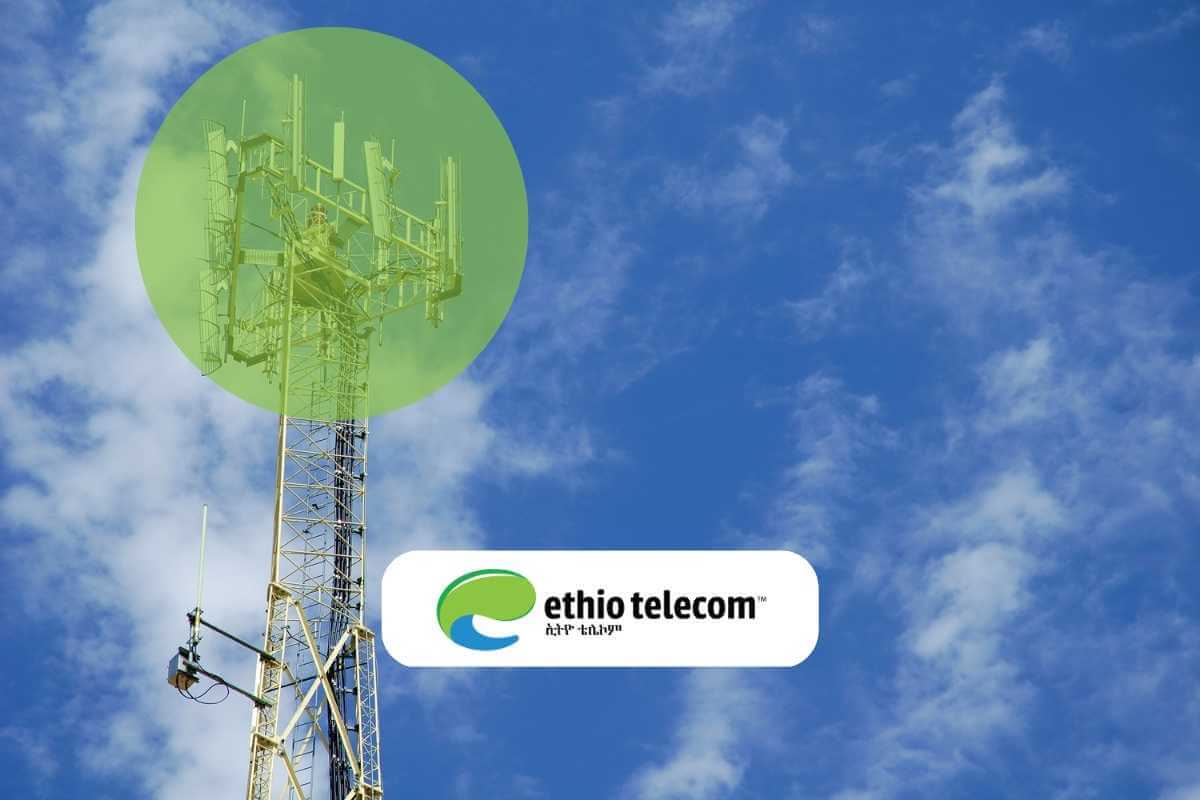
The Ethiopian Government has increased the stake from 40% to 45% that it plans to sell in Ethio Telecom. In a request for proposals, the Ministry of Finance stated that it would sell up to 45% of the equity share capital of the Company as part of its Partial Privatization of Ethio Telecom.
Request for Proposal Deadline
However, the Government has given interested parties until February 23 - Thursday of next week - to submit proposals, and prospective investors can get information from the Ministry by paying a non-refundable fee of USD 20,000 (RFP fees). Investors are encouraged to "add value to the company by bringing in best practices in terms of operations, infrastructure management, and next-generation technological capabilities".
Also Read: AST SpaceMobile Aims to Expand Space-Based Cellular Connectivity
Frehiwot Tamru, CEO Ethio Telecom, said, despite competition from Safaricom Ethiopia, she aims to grow the Company's subscriber base by more than 10% during the following year. The target is 71 million mobile voice consumers, she added.
In November 2022, the Ministry said it planned to sell 40% when it revived the sale plan after an eight-month pause because of what it called "recent developments and fast-moving macroeconomic changes".
There were service disruptions earlier in the telecom services. However, according to a January statement by Ethio Telecom, service has already been restored to 27 towns and cities since the ceasefire.
Valuation by Deloitte
According to a valuation conducted a year ago by Deloitte, the Company coordinating the sale, Ethio Telecom, was valued at 80 billion birrs (about USD 1.5 billion), which suggests the Government expects to make USD 675 million from the 45 per cent share sale. If the Government had stuck to its 40% plan, it would have been hoping to raise USD 600 million.
Also Read: Orange Madagascar and AMN Sign NAAS Deal to Expand Rural Coverage
The Ministry, in its RFP, said: Over the last decade, Ethiopia has become one of the fastest growing economies in Africa. Its young population, high gross domestic product growth rate, and increased private sector investment offers valuable growth opportunities. Further, low teledensity in Ethiopia highlights the huge untapped potential in Ethiopia's telecommunication sector. The Company's robust infrastructure, coupled with its strong financial performance, will offer significant competitive advantage to any investor.















